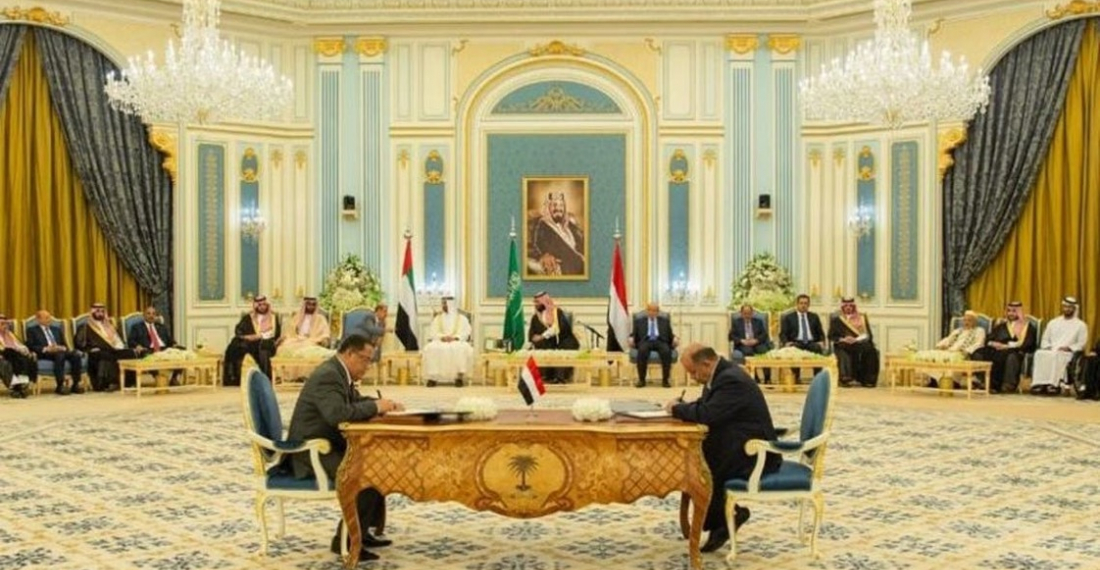After delays and tensions in the past few months, the internationally recognised government of Yemen and the Southern Transitional Council (STC) have agreed to form a new government and continue with the implementation of the Riyadh agreement.
An official from the coalition said the two sides agreed to form a government with 24 ministers of various political background, as per the Saudi Press Agency.
Local Yemeni military officials said that the two-warring sides finally reached a consensus on ceasing hostilities and conducting troops redeployment in the country's southern provinces ahead of declaring a new power-sharing government.
Implementing the redeployment plans will be monitored and supervised by the Saudi officers who will also determine the future tasks of forces belonging to the two rival factions in southern Yemen. Officials have already arrived in Yemen Abyan governorate to monitor the withdrawal of government forces in areas controlled by the STC.
Following the Arab Coalition announcement on Thursday, the STC reaffirmed its support regarding the Riyadh agreement reached with the government.
The Riyadh Agreement was signed in November 2019 between the Yemeni elected government and the STC, in a Saudi-led effort to end the rift between the two major political forces outside of the Houthi-held areas.
The deal stipulates the unification of the two sides' military forces under one authority and the formation of a joint government to equally share powers.






